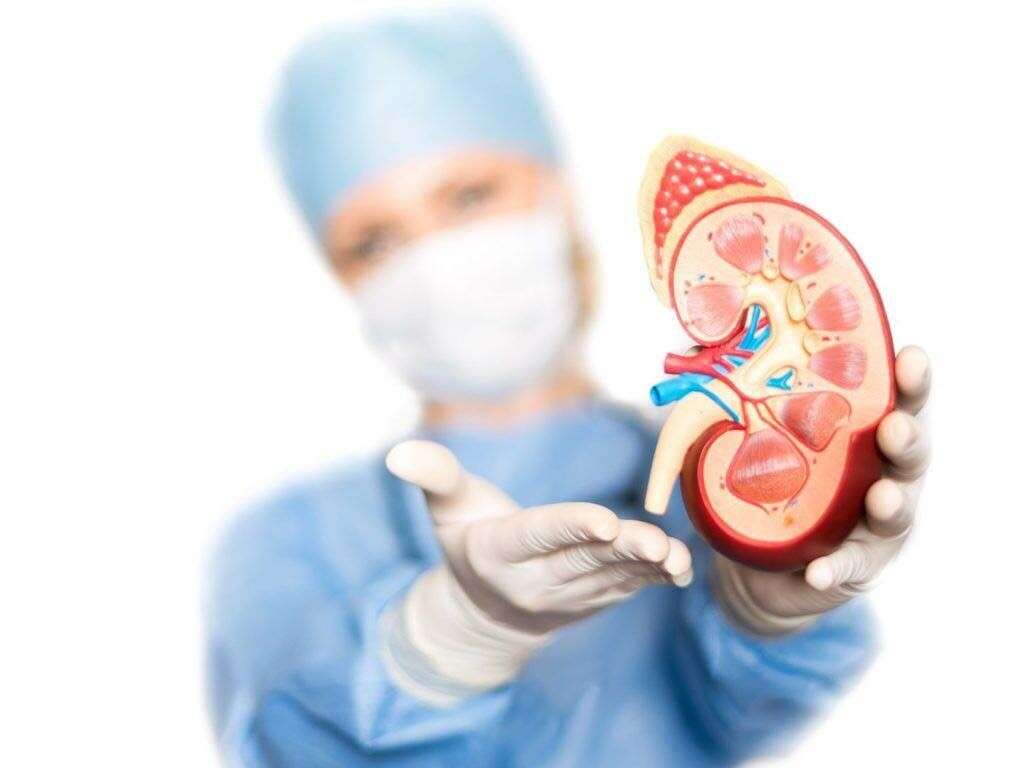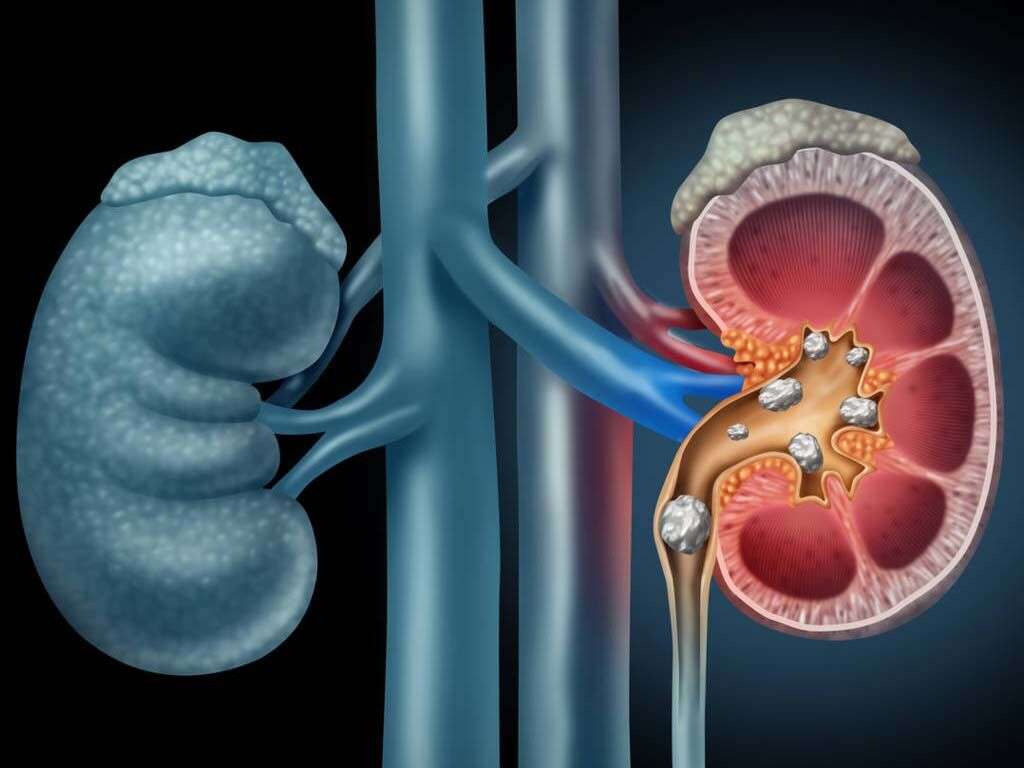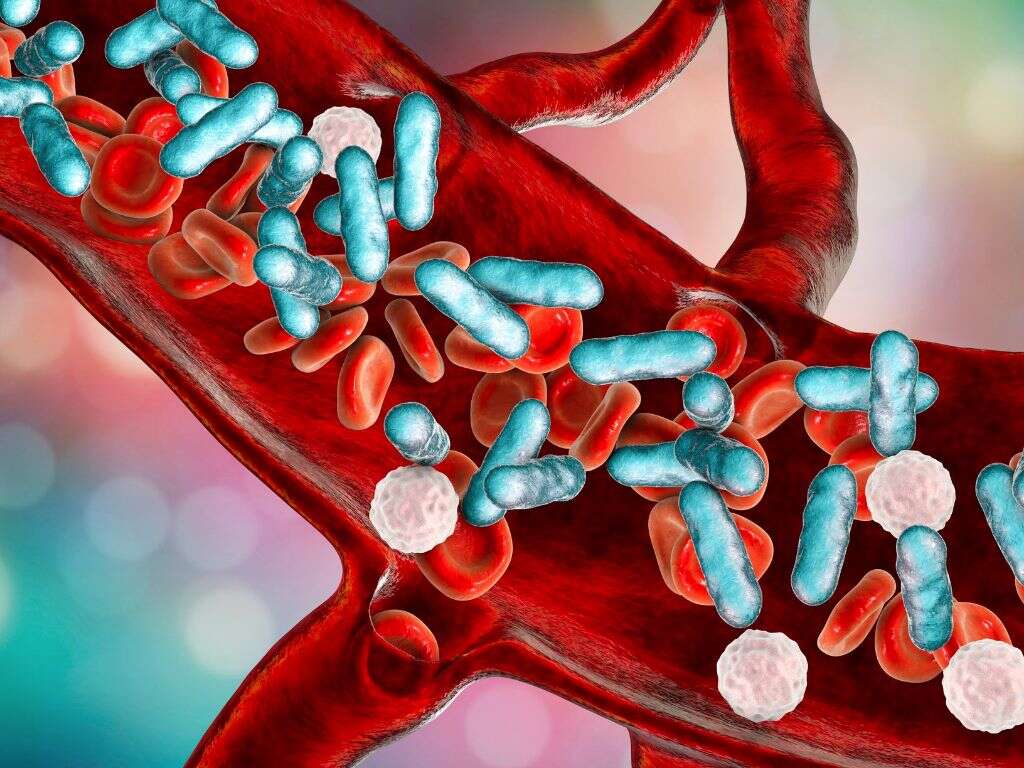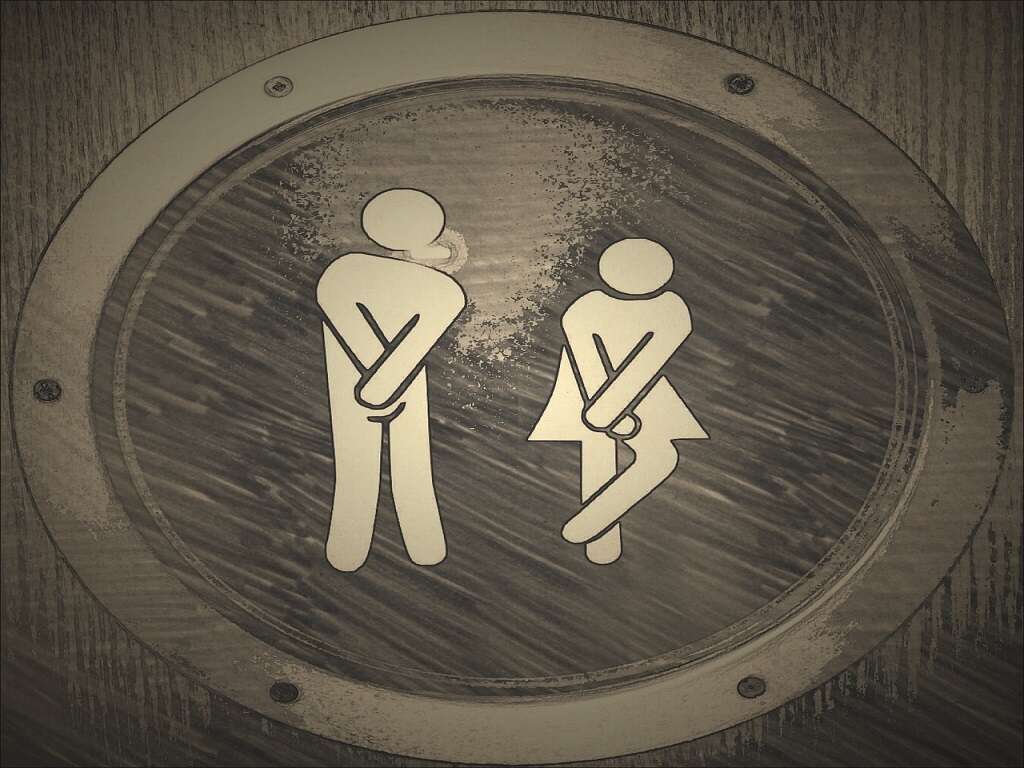What Is Nephritis?
Anything that goes into our bodies is likely to contain toxins and other substances that we don’t need. Our bodies are also going to produce waste products, and these will all need to be removed from the body to prevent them from doing us harm. We have evolved a way of dealing with this waste, which largely involves our kidneys.
Our kidneys are a type of biological filter, and they help to keep our blood clean 24/7. They are essential for keeping us in good health so it is important we take care of them the best we can. Things can still go wrong even for the most careful people, however. One example of which is nephritis.
1. Nephritis
Nephritis, which used to be known as Bright’s disease, is a condition where your kidneys become inflamed. There are several potential causes for it, and it has the potential to be quite serious. It can affect the ability of our kidneys to do their job as well as usual, which can result in some very unwelcome symptoms.
Nephritis can be placed into two main types: Acute and chronic. The chronic variety will develop gradually over time, whereas the acute variety will come on suddenly. Nephritis can be also be placed into other categories, each of which has different causes and different potential symptoms.
2. Pyelonephritis
Pyelonephritis is an inflammation of the kidney that usually starts as a bladder infection. The infection can then spread to other parts of the body, including the kidneys, thus resulting in inflammation. In most cases, bacteria are the underlying cause of the infection. The specific bacteria responsible is usually E.coli.
E.coli is a common bacteria that is often found in the digestive system. It is usually harmless but it can sometimes result in potentially serious infections. Other potential causes of pyelonephritis include kidney stones. It might also be caused by the use of a cystoscope, and surgery on certain parts of the urinary system is also a potential cause.
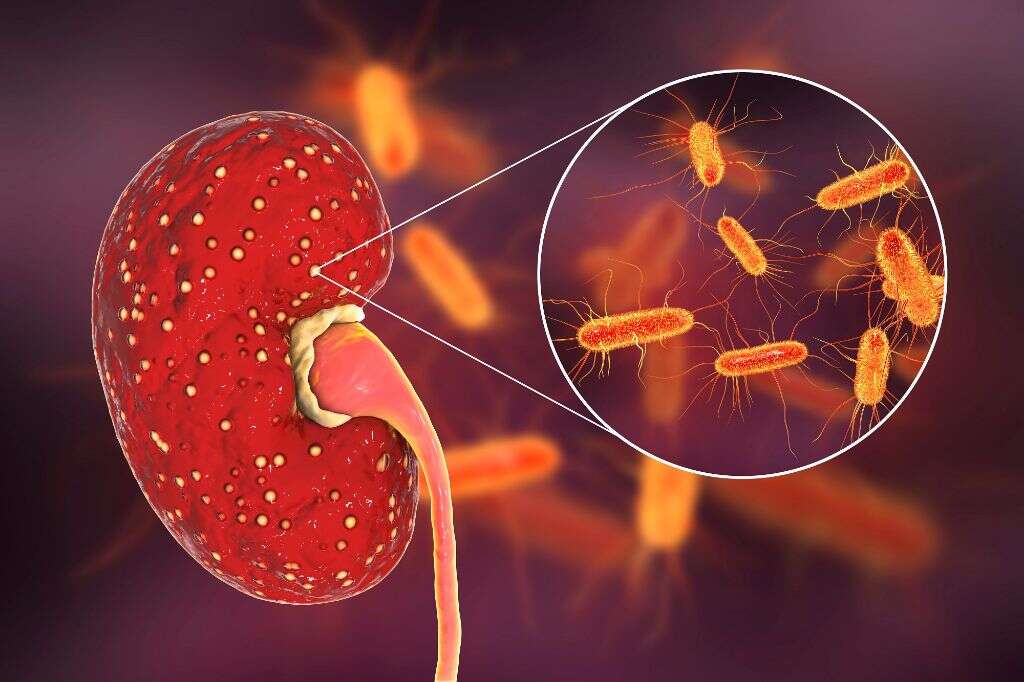
3. Interstitial nephritis
Our kidneys are interlaced with tubules that help with the movement of fluids, and help to regulate water levels in the body. Interstitial nephritis is where the spaces between these tubules become inflamed. This, in turn, will cause the kidneys to swell up. The functioning of the kidneys can be affected.
Interstitial nephritis tends to be caused by an allergic reaction, usually to an antibiotic or other type of medication. Taking medication over long periods can also lead to damage that can, in turn, result in interstitial nephritis. Another potential cause for the condition is low potassium levels in the blood.
4. Glomerulonephritis
The glomeruli are small groups of capillaries that help the kidneys to filter toxins from the blood. If something was to happen to these capillaries then the kidney’s ability to perform their main function will be limited. One example of this happening is glomerulonephritis, which is an inflammation of the glomeruli.
It is not clear why glomerulonephritis happens, although in some cases is thought to be an infection caused by an abscess that broke elsewhere in the body. The bacteria may then travel to the kidneys in the bloodstream where they can take hold. Problems with the immune system are a possibility, and having had cancer in the past is another potential cause.
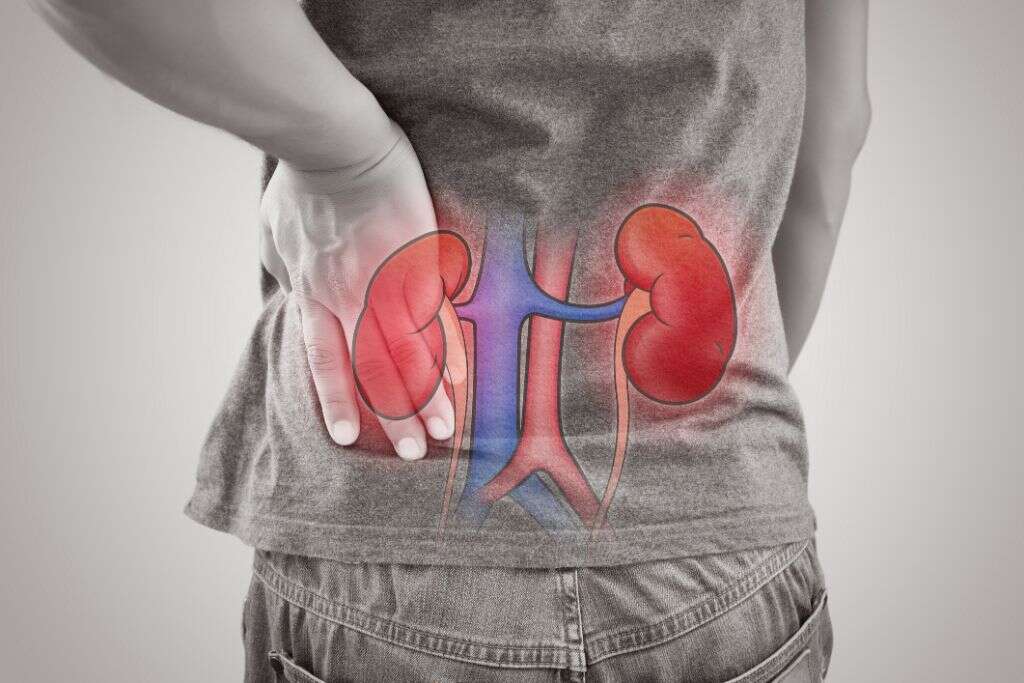
5. Who’s At Risk
Anybody can develop nephritis, but some people are at a much higher risk than others are. These include people for whom there is a history of kidney problems in their family. This can include infections and different types of infections of the kidney and of the urinary tract.
People with a weakened immune system are also at a higher risk because they are less able to resist infections. A weakened immune system can happen for a number of reasons, including some medical conditions, and the use of some medications. People that regularly use pain killers and/or antibiotics are also at a higher risk, as are people that have recently had on operation on their urinary system.
6. Symptoms
The exact symptoms of nephritis will depend on which variety of the disease the patient has. Symptoms can also range in severity from patient to patient, and according to whether the disease is chronic or acute. Many people will experience a burning sensation when urinating, and also a pain in the pelvic region.
Edema is another possible symptom, which means swelling in the feet and ankles, and sometimes in the face. The patient will likely need to urinate more frequently than usual, and their urine can be cloudy. Their urine might also contain pus or blood. Fever is another potential symptom, as is a high blood pressure, and many patients are also likely to vomit.

7. Diagnosis
Initial investigations will involve a brief physical exam and questions regarding the patient’s medical history. They may also be asked about their family’s medical history. If nephritis or similar is suspected, then the doctor will need to request further tests in order to reach a confirmation.
Tests will likely involve urine tests and blood tests to help look for the pathogen responsible for an infection. An ultrasound and/or a CT scan may also be used to help get an image that might reveal any physical problems with the kidneys. Perhaps the most effective and accurate method is a biopsy of kidney tissue, but this involves an invasive procedure so it is not usually the preferred method.
8. Medications
Whenever there is an infection present, antibiotics are usually used to help deal with the problem. Antibiotics are only usually used when deemed necessary, however. If the condition is severe enough, then the patient might be expected to stay in hospital on an intravenous drip.
Some types of nephritis can be quite painful, so painkillers are also sometimes prescribed. Corticosteroids may also be used to help reduce inflammation. Kidney conditions can also affect the levels of certain vitamins and minerals in the body. In which case, the patient may be prescribed supplements to help restore them to their natural balance in the body.

9. Dialysis
Dialysis is a process that many people around the world rely on for their well-being, and even for their lives. It is commonly used in patients that have kidney conditions and is essential in many cases. It is something that will also often be used in people that are suffering from nephritis.
Perhaps the most common method of dialysis is to have the patient connected to a dialysis machine. The patient’s blood will be passed through the machine, removing toxins in the process, essentially performing the role of the kidneys. Some people might only need to use it once or twice, whereas others will be reliant on it for the rest of their lives.
10. Lifestyle Changes
If you have been diagnosed with nephritis then you will need to make certain lifestyle changes, even if only temporary while you heal. It is important that the patient drinks plenty of fluids to keep them hydrated, and to help the kidneys as much as possible. It may also be necessary to avoid food that is high in potassium.
It can also be important for the patient to include less sodium in their diet. This largely means avoiding processed foods and opting for fresh foods instead. This will help to enhance your well being overall in addition to helping your kidneys to heal.



